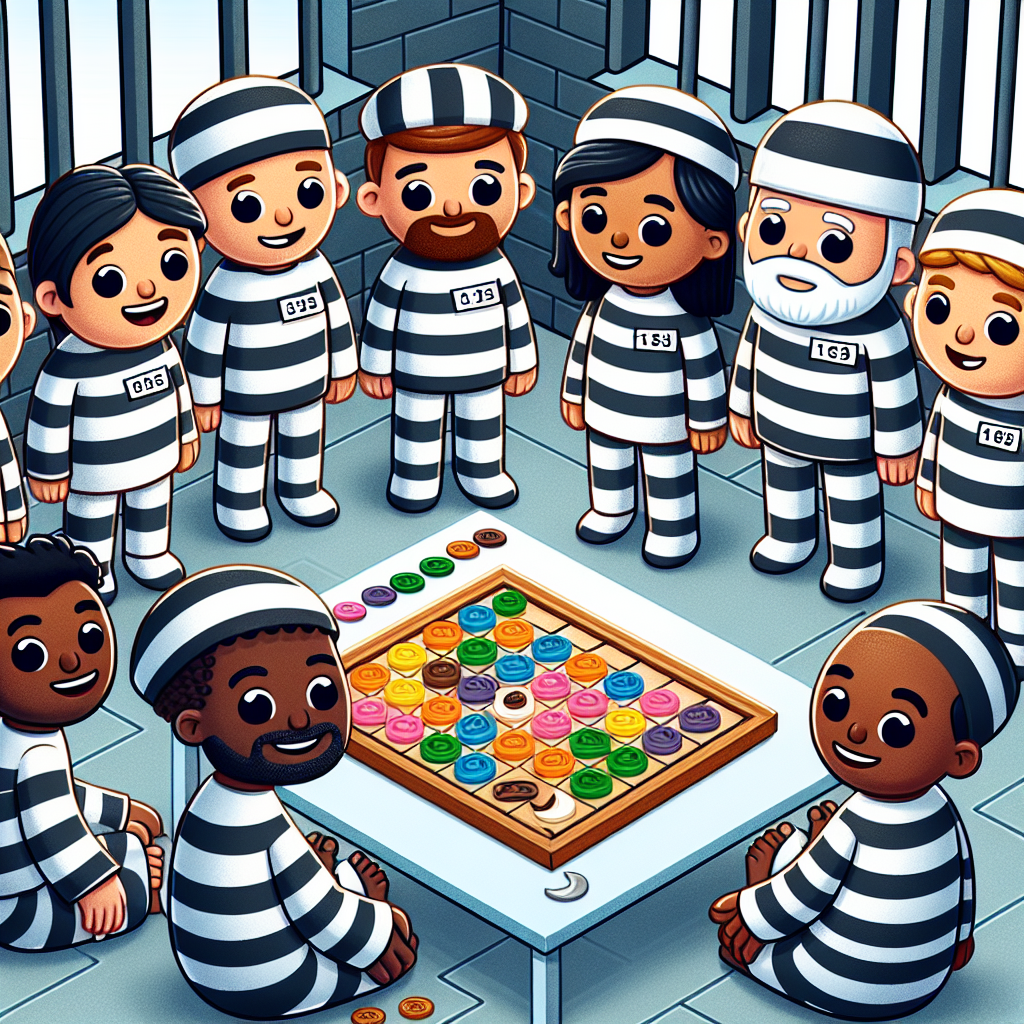Cuba's Prisoner Release Sparks Controversy Amid International Pressure
Cuba released 553 prisoners following a Vatican-brokered deal, despite complications from U.S. policy shifts. The release, originally part of an agreement with the Biden administration, faced delays after Trump reimposed sanctions. Rights groups report some freed were common criminals rather than political prisoners involved in past protests.

The Cuban government has announced the release of 553 prisoners, a decision facilitated by Vatican mediation. This development unfolds amidst a backdrop of complex international negotiations and shifting U.S. policies.
The initial agreement between Cuba and the Biden administration aimed to see Cuba removed from the U.S. terrorism blacklist in return for the release of political detainees. However, the deal was rescinded by Trump, resulting in renewed sanctions and delays in the prisoner release.
Despite the setbacks, reports indicate a number of prisoners have been freed, though the specifics regarding their offenses remain vague. Observers note the releases include both political prisoners and those convicted of ordinary crimes. The international community, alongside watchdog entities, continues to closely monitor Cuba's actions regarding human rights issues.
(With inputs from agencies.)










